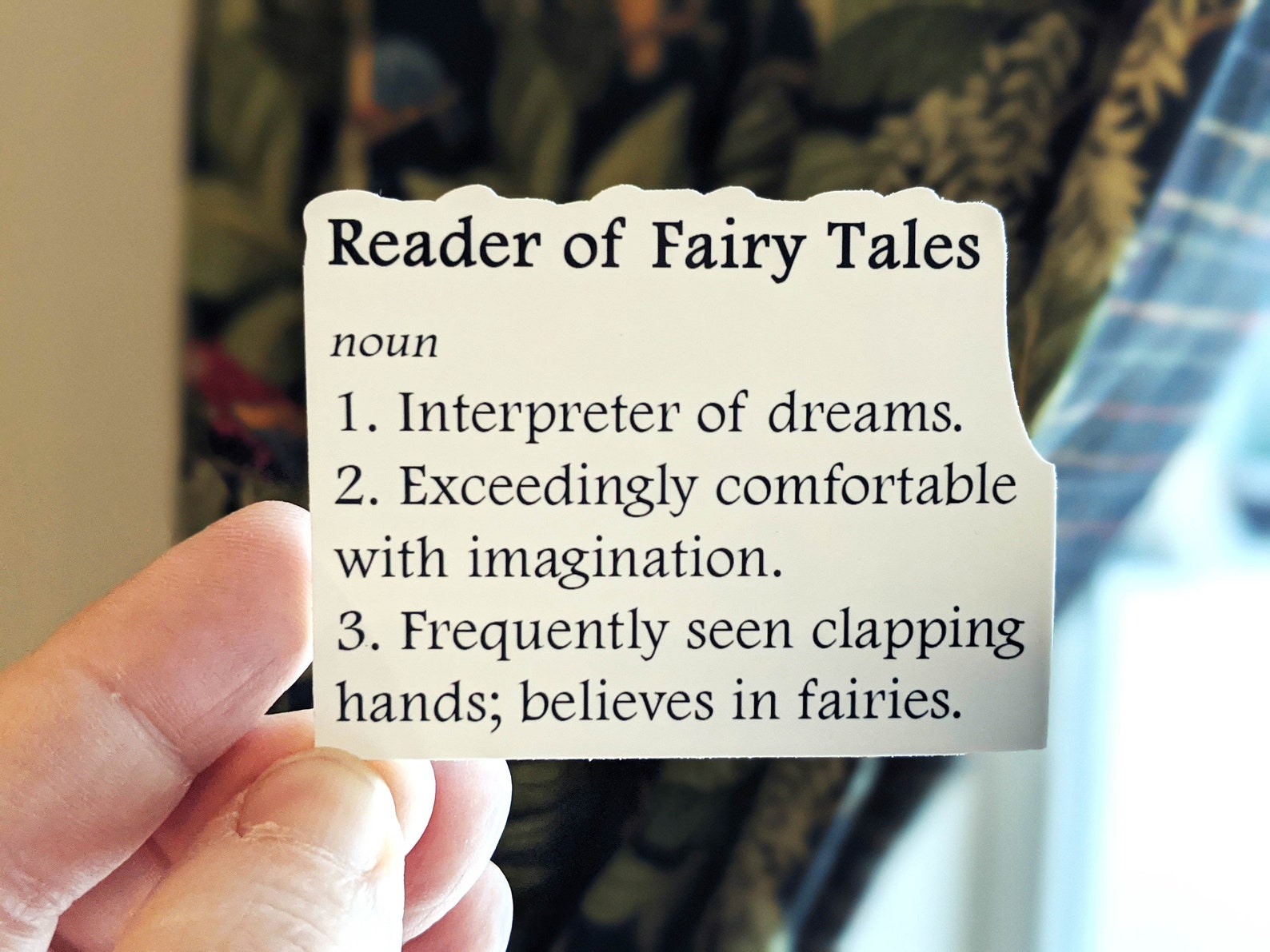
In addition, we occasionally find full-blown folktales lumped together with compendiums of classical myth, so clearly, this was just a catch-all for the folklore of ancient peoples. Classical myths could also be the testimonial legends that described how their supernatural beings behaved and how one should avoid offending them or how one should seek their favor. Many classical myths were etiological legends, narratives about culture heroes or legends that explained the origin of things. It has acquired a derogatory connotation, and so I prefer to see it reserved for ancient, extinct belief systems and their narratives. People say "oh, that's just a myth," to suggest that "ignorant, superstitious" people believe in it. "Myth" is a tougher term because it is loaded with meaning that is not always intended or appropriate. Because of this, I prefer to reserve "fairy tale" to describe published, diluted folktales or stories that have been invented to mimic the genre of the folktales. In modern times, however, "fairy tale" took on connotations that don't suit the noble folktale: when folktales were abridged and "sweetened" for publications for children, they became the type of stories that adults could dismiss: we often say "Oh, that's just a fairy tale" to dismiss something someone has said, to describe it as an account of no consequence.

Folktales are often referred to as fairy tales, particularly when fairy-like entities are part of the plot. These could be told at night, because the subject did not present a danger. There were also etiological legends and historical legends that told about the origin of things or about culture heroes - George Washington chopping down a cherry tree or stories about Robin Hood. They were typically told during the day, especially when dealing with the supernatural that people feared could be summoned by the telling (you wouldn't want to talk about supernatural beings at night for fear of having them lurking about!). They usually dealt with the extraordinary and they often ended horribly. They were typically brief, sometimes with only a single episode. Legends are narratives that were usually told to be believed. Folktales were usually multi-episodic, cast in a fanciful place and/or time, and they ended happily. In Europe, these were usually told at night, typically in winter (when the nights were longer). The easy ones to talk about are folktales and legends because Europeans - and most people international - make a distinction between two types of narratives that happen to be reflected in these words.Ī folktale is a story that was/is told as fiction.


These words are used in various was by different people, so no matter what definitions are imposed, one will see the terms used in wildly different ways.


 0 kommentar(er)
0 kommentar(er)
